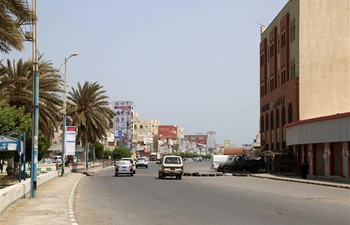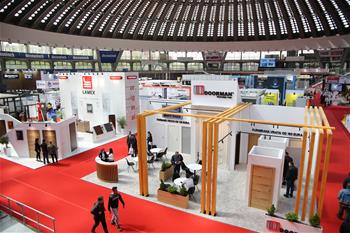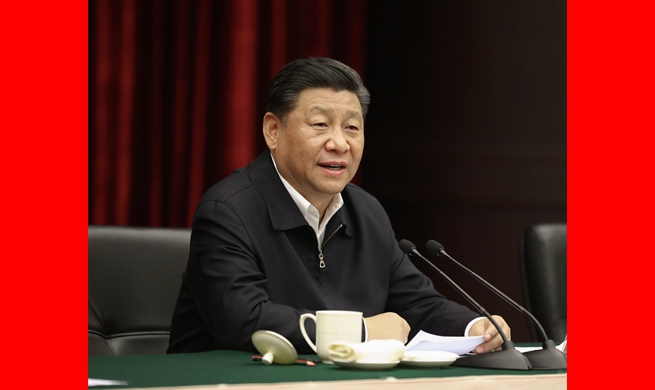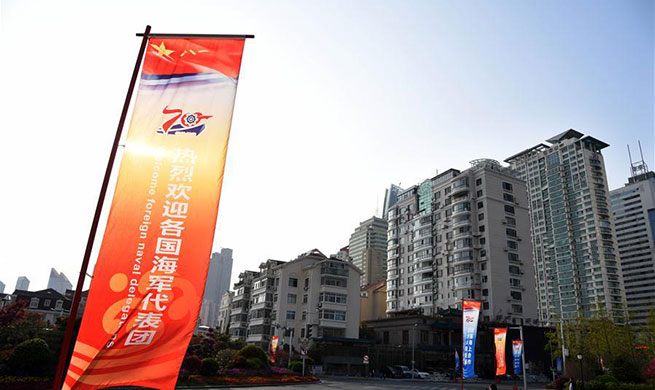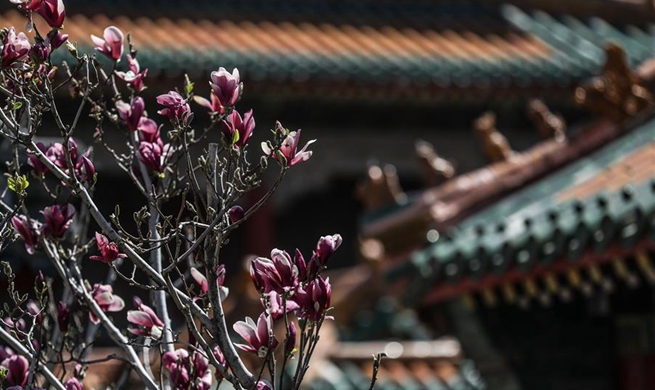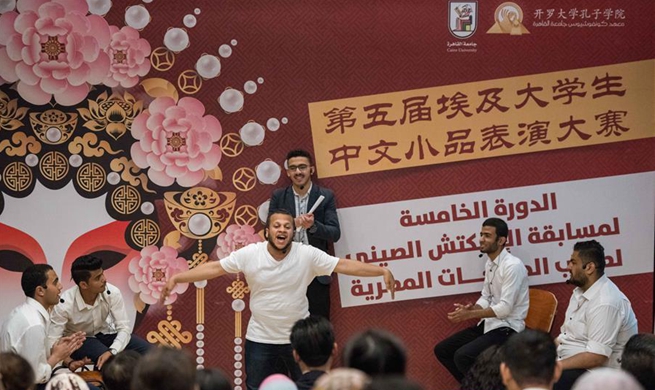TOKYO, April 18 (Xinhua) -- Japanese researchers said Thursday that the world's first transplant surgeries in 2017 using induced pluripotent stem (iPS) is safe in the long term, as the five patients with severe eye disease were doing well a year after the surgeries, local media reported.
"We think we were able to ensure the safety (of the treatment). We'd like to begin new clinical trials to find out for what type of symptoms the treatment would be highly effective," said project leader Masayo Takahashi, a researcher at the Japanese government-backed Riken institute, in the first detailed report on the patients' post-surgery recovery.
The patients, who suffered wet-type age-related macular degeneration that can cause blindness, received transplants of artificially grown retinal cells made from donor iPS cells.
Among the patients, four have maintained their level of visual acuity after the operations, while one had an improvement in vision, according to the researchers.
Compared with using iPS cells from patients themselves, using stocked donor cells reduces the cost and time to nurture cells for transplants, the research team said.
In the clinical trials, scientists used iPS cells restored at Kyoto University, which were designed to lower the risk of rejection.
Shinya Yamanaka, who was awarded a Nobel Prize in physiology or medicine in 2012 for the discovery of iPS cells, heads the research at the university aiming at making the treatment adaptable to many illnesses and injuries.



